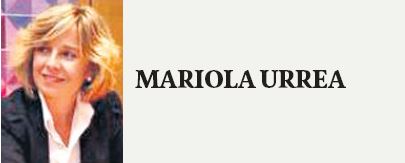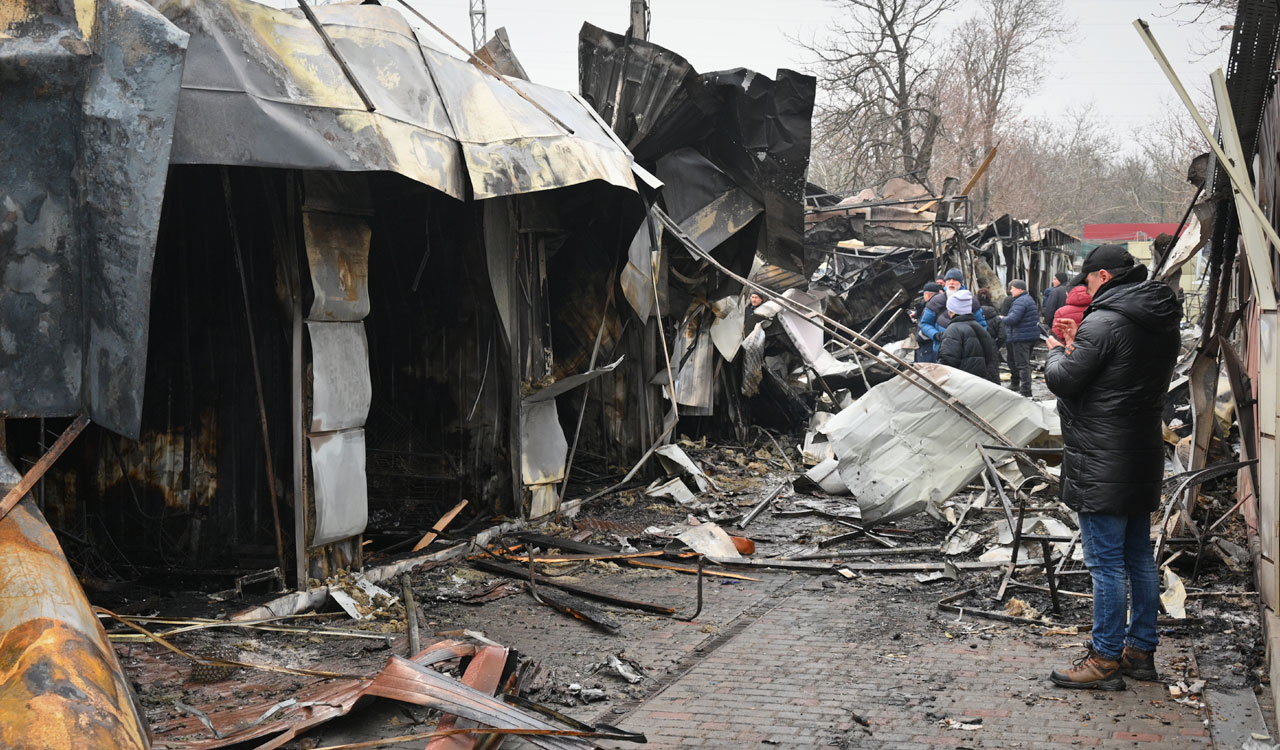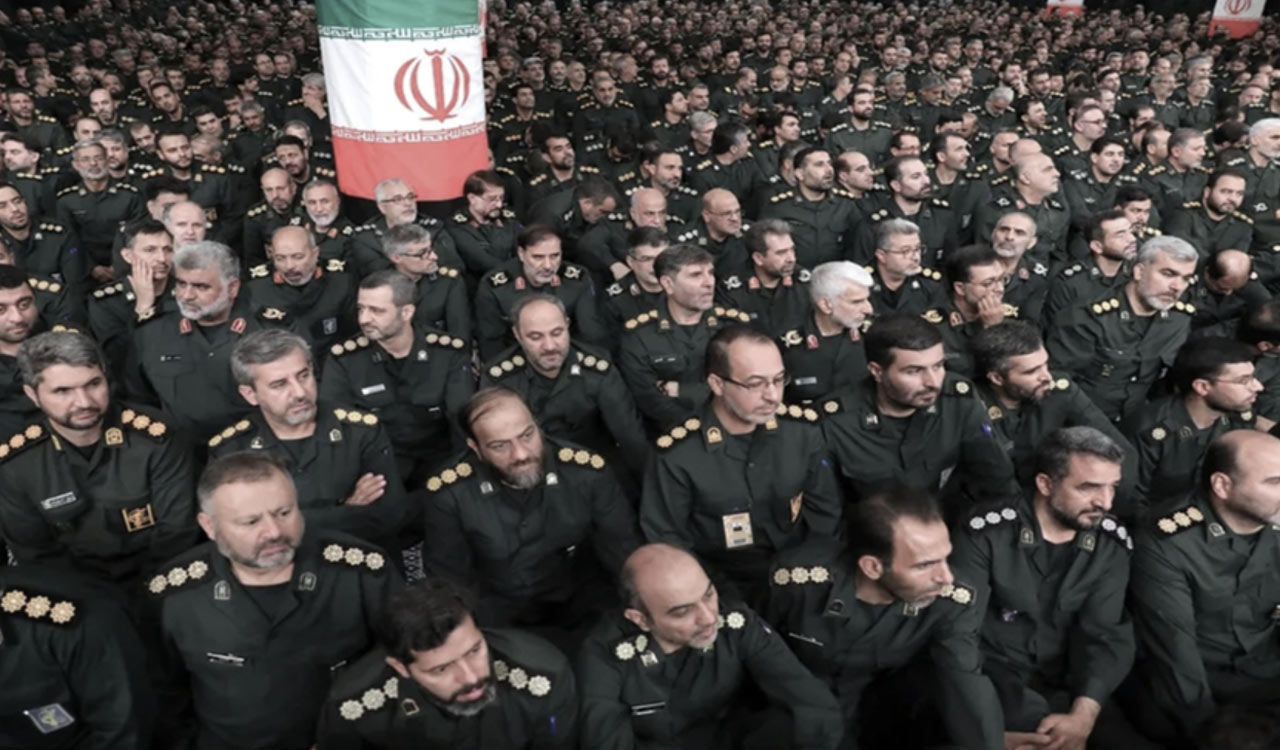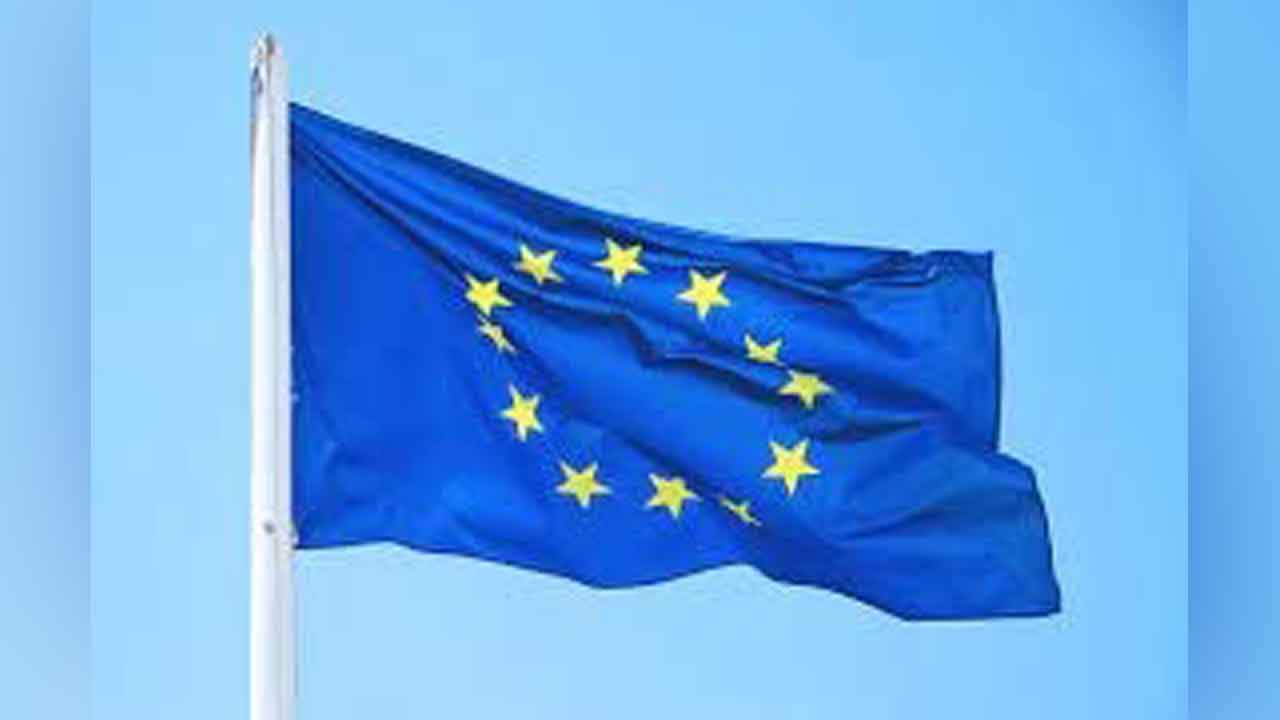Opinion: The birth of geopolitical Europe
By Mariola Urrea The plenary session of the European Parliament held on March 1 has left testimonies that make it possible to anticipate far-reaching political advances for the process of European construction. It is enough to review the speeches of the president of the European Commission, Ursula von der Layen, and, particularly, that of the […]

By Mariola Urrea
The plenary session of the European Parliament held on March 1 has left testimonies that make it possible to anticipate far-reaching political advances for the process of European construction. It is enough to review the speeches of the president of the European Commission, Ursula von der Layen, and, particularly, that of the High Representative for Foreign and Security Policy, Josep Borrell, to confirm this thesis.
Thus, while Russia reinforces its offensive against Ukraine and verbally escalates the intensity of its threats to limits that are difficult to imagine, Borrell urged Europe to “think strategically about itself, its environment and the world”.
New Narrative
And he did so under the warning that it is hardly realistic to continue to trust that “applying to the rule of law and developing trade relations will make the world a peaceful place.” For this reason, he pointed out, “we must reflect on the instrument of coercion, retaliation and counterattack against reckless adversaries (…) We have to increase the deterrence capacity to avoid war.”
The message from the head of Foreign and Security Policy undoubtedly incorporates a new narrative register that may hurt the sensibilities of many Europeans, but which helps to focus the debate from the maturity that requires understanding the scope of the seriousness of the events we are facing and, consequently, the advisability of exploring the Union’s margin of action based on approaches that were unconventional until now.
Since the creation of the European Union in the 1950s, and despite many other difficult moments, the Union has not had to face a threat as serious as that represented by Russia’s aggression on territorial sovereignty and politics of a state.
This is, it should not be forgotten, a premeditated human action. An attack on the liberal international order that contravenes the rules of International Law and that contains elements that allow us to qualify what happened as a crime against humanity.
From this approach, the response that the European Union has had to improvise to the surprise of Russia is well understood. Beyond the massive economic sanctions whose impact is certainly intense economically, the European institutions have wanted to advance in historical terms.
Thus, for the first time, the Union has agreed to intervene directly in a conflict, assuming responsibility for coordinating and financing the shipment of offensive and defensive military material to Ukraine. This is a truly audacious political decision that confirms the European will to widen the space for action in security and defence matters to the limit of what the Treaties allow and beyond.
Mutual Assistance
The European impulses to have a common security and defence policy, it should not be forgotten, have been present from the very origins of the European construction. The failed attempt to create the Defense Community in 1952 testifies to this. However, the process has not been easy.
In fact, the most significant advances were made to wait until the reform of the Lisbon Treaty whose entry into force, in 2009, allowed the Union to have a mutual assistance clause that has only been activated at the request of France, after the terrorist attacks of Daesh in Paris.
Also worth mentioning is the provision of a permanent structured cooperation formula that has committed 25 Member States, including Spain, to the development of multiple defence projects.
Without downplaying the political efforts that the European Union has been developing to date to strengthen its security and defence structures, none has had such a significant accelerating impact as the one that experiencing a real threat to its own foundations has meant for the Union like the one represented by Russian aggression.
A disruptive response from the EU
The disruptive response that the European Union is administering will undoubtedly give real content to the concept of strategic autonomy that the European Union has already placed for some time in a preferential place on its political agenda. It is, in short, a complex formula to materialise that, however, aspires to us Europeans being able to take control of our security by reinforcing our response capacity with a solid pillar within the collective defence structures of which we are a part.
The unity of the Member States of the Union and their commitment to strengthening common security could constitute, in the long run, the seed of that geopolitical Europe that is strongly claimed and that would definitively turn the European Union into an actor global with the ability to influence.
In the search for this purpose, we still find the words of Robert Schuman inspiring today when he pointed out, in the 1950s, how “it was necessary to prepare minds to accept European solutions” under the conviction “that the true interest of each consists in recognizing and accepting in practice the interdependence of all”.
It is early to draw definitive conclusions, but perhaps the consolidation of the European Union’s security and defence structures is the only real benefit that, after a while, we can salvage from the rubble of human, economic and political destruction that it will leave in the continent this undignified war of aggression.

The author is Professor of International and European Union Law, University of La Rioja, Spain. theconversation.com
Now you can get handpicked stories from Telangana Today on Telegram everyday. Click the link to subscribe.
Click to follow Telangana Today Facebook page and Twitter .
Related News
-
Tharoor breaks ranks, backs India’s AI summit as PM Modi charts global push
4 mins ago -
Surgical instrument found in woman’s abdomen 5 years after surgery in Kerala
15 mins ago -
Ranveer Singh threat case: Lawrence Bishnoi gang demands Rs 10 crore
24 mins ago -
Stock markets bounce back after falling in early trade
25 mins ago -
Yash unveils bold new avatar in Toxic: A Fairytale for Grown-Ups
37 mins ago -
Trump orders release of UFO and extraterrestrial files
2 hours ago -
Municipality withdraws permission for prayers in government building in Uttarkhand
2 hours ago -
India AI Impact Summit 2026 positions AI as national infrastructure
2 hours ago




